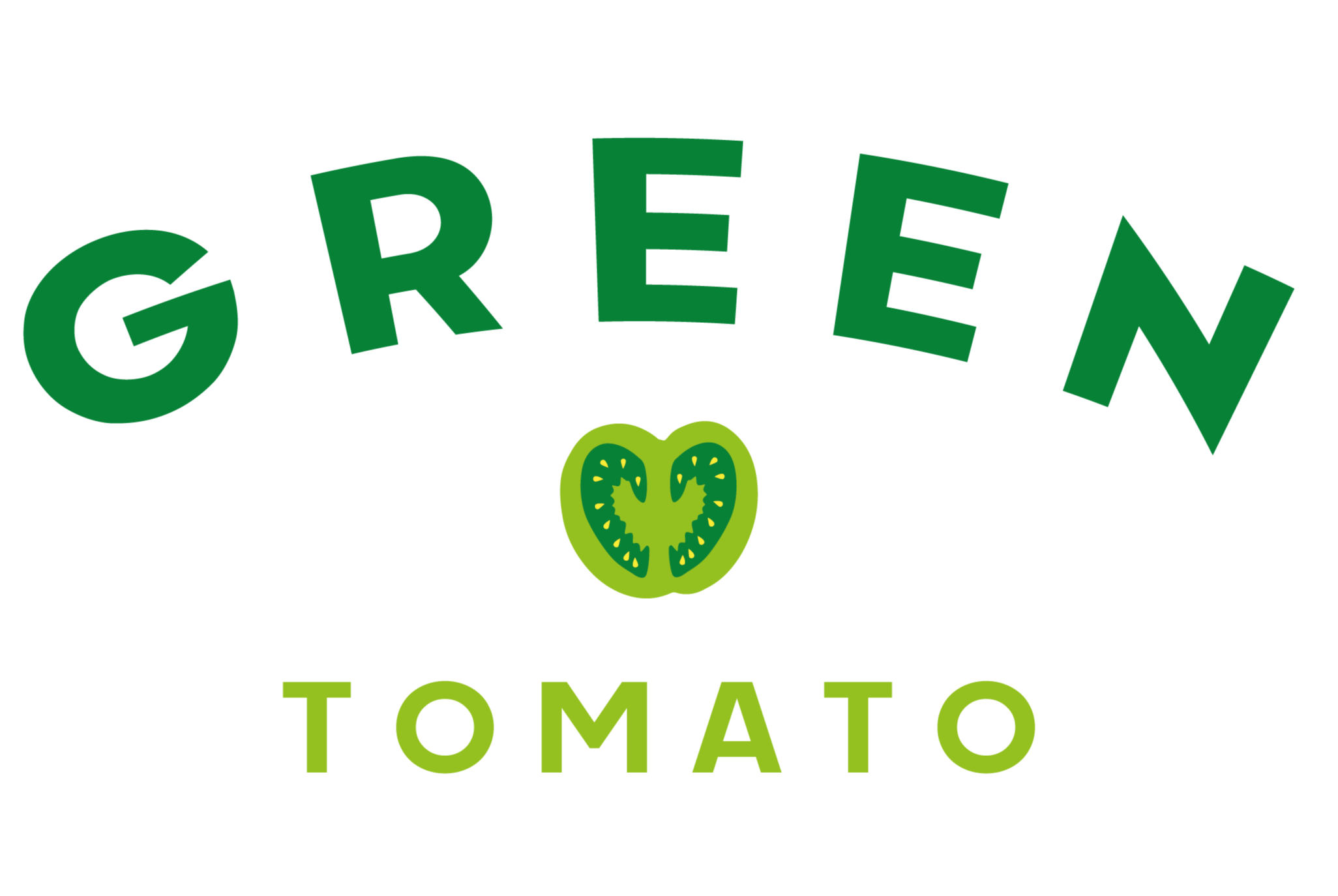In an age where food is just a few taps away, we rarely stop to think about the effort behind it. The fruits you buy biweekly at the supermarket may have traveled thousands of miles, been sprayed with chemicals, and picked before they were ripe all to meet the demands of a global food system designed for convenience, not sustainability.
The truth is: what we eat shapes the world we live in. Our current industrial food system accounts for up to 37% of global greenhouse gas emissions, a percentage that covers everything from deforestation to transportation and food waste (IPCC, 2019). In the U.S., the average plate of food travels over 1,500 miles to reach your table (ATTRA, 2008).
Focusing on the Solution: The Power of Eating Local
Information like this isn't meant to shame, but to show that eating locally and seasonally is one of the most immediate and impactful ways to shrink your carbon footprint. Local food systems are inherently more efficient:
-
Shorter supply chains: Fewer miles mean less fuel consumption and fewer emissions.
-
Growing in sync with seasons: This reduces the need for energy-intensive greenhouses.
-
Less reliance on fossil fuels: It minimizes long-distance transport and large-scale refrigerated storage.
According to the Center for Urban Education about Sustainable Agriculture (CUESA), local food systems can reduce emissions by up to 95% compared to industrial models.
The Role of Animal Agriculture and Mindful Consumption
It's crucial to understand that not all foods have the same impact. The production of meat, especially beef, generates a significantly larger carbon footprint than fruits and vegetables. Methane produced by livestock, deforestation for grazing land, and water usage are all key factors.
This doesn't mean you need to become a vegetarian overnight, but it does mean that mindful consumption is vital. Reducing the amount of red meat in your diet and opting for locally and sustainably sourced meats or exploring plant-based alternatives are important steps that make a huge difference.
Mindful Eating: Rediscovering Joy in Every Bite
When you become a participant in the process, eating becomes much more exciting. Whether it's picking out fresh produce at a local market, visiting a nearby farm, or simply learning what's in season, the act of eating becomes richer, more intentional, and more pleasurable.
There is genuine joy in knowing where your food comes from, in tasting the story of the soil and the season. When you reconnect with your food's journey, every bite becomes an experience not just a habit.
By supporting local growers, you're not just reducing emissions; you're investing in biodiversity, soil health, and your community’s resilience. Your diet is, in effect, the most powerful tool you have to create a real and positive change for the planet.
Read more
The Intergovernmental Panel on Climate Change- https://www.ipcc.ch/srccl/
ATTRA (Appropriate Technology Transfer for Rural Areas) Sustainable Agriculture- https://attra.ncat.org/publication/food-miles-background-and-marketing/
Foodwise: Education.Farmers Markets.Community.- https://foodwise.org/learn/how-far-does-your-food-travel-to-get-to-your-plate/

